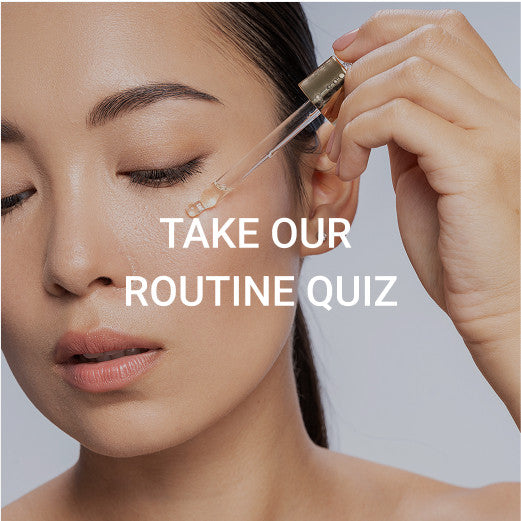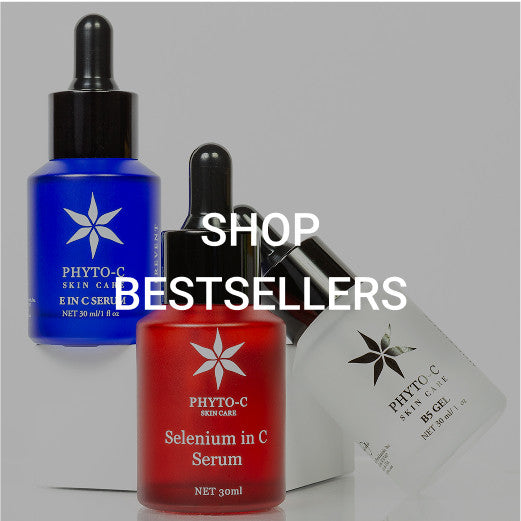While swimming is an enjoyable and beneficial physical activity, take precautions to protect your skin. Make the most of your swimming experience without compromising your skin's health.
Swimming is a fantastic full-body exercise that can also refresh the mind. However, frequent exposure to public swimming pools can negatively impact your hair and skin, causing dryness, itchiness, and flakiness. It is especially true when the pH levels of the water are not monitored in some public pools.
Pro tip: You need to follow
To safeguard your skin and hair while swimming, it's crucial to check the pH levels of the pool every two hours. Although chlorine can eliminate harmful bacteria and germs, it can also strip away sebum, a natural oil that prevents the scalp and skin from drying out.
As a result, exposure to chlorine can cause the skin to become itchy and flaky, and individuals with sensitive skin may even experience rashes. To prevent these issues, moisturize your entire body thoroughly before entering the pool. Furthermore, the chlorine and bleach in swimming pools can exacerbate pre-existing skin conditions like eczema.
Don't forget the lotion application
If you plan on swimming, consider applying a swimming body lotion beforehand. While some individuals may not enjoy applying lotion before swimming, doing so can create a protective barrier around the skin, which helps to neutralize the absorption of chlorine into the skin.
Use the towel gently
Remember to avoid rubbing your skin with a towel after swimming, as this can strip away the skin's natural moisture barrier and cause irritation. Instead, pat it on your skin gently so the delicate texture of the skin doesn't get ruined.
Don’t forget to apply the oil
Before entering the swimming pool, consider applying a protective layer of oil, such as olive oil, coconut oil, or baby oil. It can act as a barrier between the skin and chlorinated water, helping to reduce potential skin damage.
Showering before swimming is a must
Shower before swimming to prevent the skin from rapidly absorbing chlorinated water, when the skin is dry. When the skin is dry, the water can penetrate deeper layers and result in damage. Taking a quick shower before entering the pool can help minimize the amount of chlorinated water the skin absorbs. A quick shower after swimming can prevent chlorinated water from drying on the skin. It can help to reduce irritation and dryness caused by chlorine.
Lip balm is crucial
Extended exposure to chlorine-treated water can cause the lips to become dry and cracked. For this, apply lip balm before swimming to create a protective barrier and avoid potential bleeding.
Vitamin C serum or lotion for the skin
Consider incorporating Vitamin C into your skincare routine, as it is an antioxidant that can help protect the skin from UV damage. Topical application of Vitamin C can also aid in reducing sun tanning by inhibiting tyrosinase, an enzyme that produces melanin in the skin.
Your skin needs exfoliation
Regular exfoliation can assist in eliminating pigmented dead skin cells and improving the appearance of dark and dull-looking skin. If you swim regularly, chemical exfoliators containing hydroxy acids can be effective to dissolve dead skin cells.
Indoor swimming pools are not always great
Indoor swimming pools are often inadequately ventilated, due to chemicals and gases. It can exacerbate skin problems. It's best to opt for an outdoor swimming pool whenever possible to minimize this risk.
Your body should stay hydrated
If your skin is dehydrated, it may feel dry and rough. Conversely, hydrated skin is more likely to remain supple. It's recommended to drink water regularly to keep your skin hydrated while swimming. It can help purify the skin, replenish lost moisture, and flush out chlorine and other toxins.
Conclusion:
It's important to take precautions to protect your skin in the swimming pool. This way your skin does not get ruined. If you are allergic to any specific product, make sure you get a dermatologist's opinion on a better alternative.


 My Account
My Account Our Story
Our Story Shipping Information
Shipping Information Returns
Returns FAQ
FAQ Contact Us
Contact Us
 Next Post
Next Post